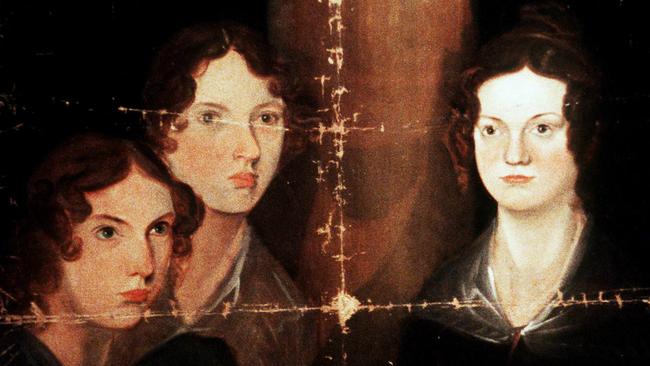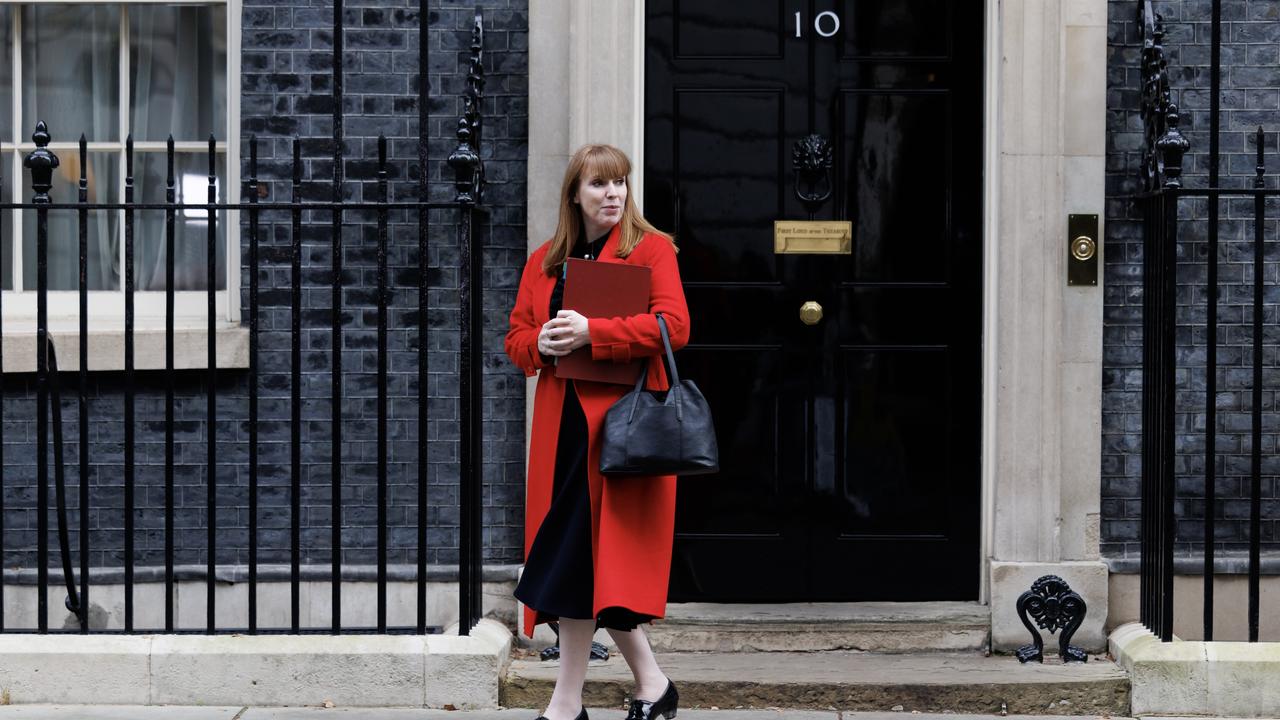Bronte poems in hidden library going for a song
A ‘lost’ library that has eluded scholars for decades and contains some of literature’s greatest gems is finally opening its doors.

A “lost” library that has eluded scholars for decades and contains some of literature’s greatest gems is finally opening its doors.
The Honresfield Library, created at the turn of the 20th century by Lancashire mill owners and containing some of the most sought-after manuscripts in the world, is to be auctioned after being hidden from view since before World War II.
Emily Bronte’s handwritten manuscript for her final collection of poems, complete with posthumous editing by her sister Charlotte, is being sold along with Robert Burns’s First Commonplace Book, the poet’s most important manuscript still in private hands.
The library also contains numerous first editions, Bronte family letters, Walter Scott’s Rob Roy manuscript, and letters from Burns capturing his financial woes and sexual peccadilloes.
In total the contents could fetch £10 million during a series of sales at Sotheby’s starting in July, with Bronte’s manuscript alone given an upper estimate of £1.2 million. The Rob Roy and First Commonplace Book manuscripts could fetch more than £700,000.
The library’s creation began in the late 19th century when Alfred and William Law, who owned Durns Mill near Rochdale, began buying books for their “plain two-storey red-brick” Honresfield home.
“It is an absolute treasure trove,” said Gabriel Heaton, an English literature and historical manuscripts specialist with Sotheby’s. “In terms of the Brontes it is one of the best collections in the world, full stop. They were buying at the absolute highest level.
“Like many people in the world I had been aware of its existence long before I got privileged access to it. It was incredibly exciting to be contacted and then gradually realising what the collection was. To enter a lovely library room filled with these extraordinary books and manuscripts, an absolute treasure trove, was such an exciting moment.”
Following the deaths of the unmarried brothers the library passed largely to their nephew, Alfred Law, who was later knighted and became the Conservative MP for Rochdale and then High Peak in Derbyshire. He died in 1939, never having married. Other items were given by the Law brothers to an Emma Dixon.
The MP allowed access to a small number of scholars, with their researches feeding into biographical and literary studies. He also sold some items including a William Shakespeare First Folio, and donated a tranche of Walter Scott letters to the then fledgling National Library of Scotland.
Following his death the library moved to another branch of the family. Honresfield was converted into a care home and the manuscripts all but disappeared from view.
For decades scholars have tried to secure access through the descendants, with only one or two successes. An Edinburgh University Press edition of Rob Roy in 2008 gave credit for access to Scott’s 19th-century manuscript to “the late David Law Dixon”.
Heaton said the sellers, who have asked not to be identified, had decided it was the “right time to sell”, adding: “It is quite a responsibility, there is upkeep and maintenance and it is a difficult thing to keep on.”
He said that while there would be “interest in it as a collection as a whole it is quite diverse and it would be difficult to imagine a single institution having the capacity [to buy] or feel it was the appropriate home for everything in the library”.
The government is likely to issue an export ban on many items, including the Bronte, Burns and Scott manuscripts, to allow British institutions the opportunity to buy them.
Heaton said the collection “paints a unique portrait of the passions of one of the greatest and least-known collecting families from a golden age of book collecting”.
He said the handwritten copy of Bronte’s “flaming poems” was “the one that I really, really have enjoyed”.
“You just do not see Emily Bronte manuscript material,” Heaton said. “There are two surviving letters by her and no manuscript of Wuthering Heights. She is such a great writer. The last entry in this little notebook is her last ever poem. You can look carefully at the revisions and corrections. These are by Charlotte. To have that is so magical.”
The Times


